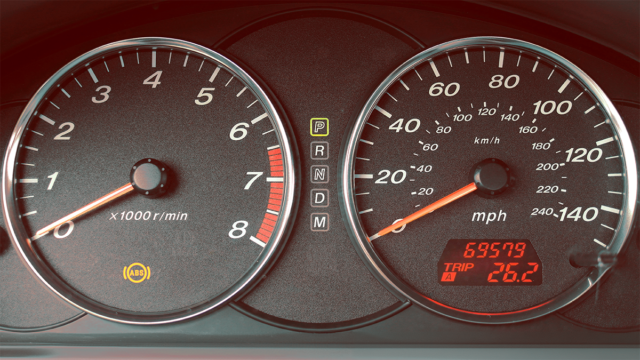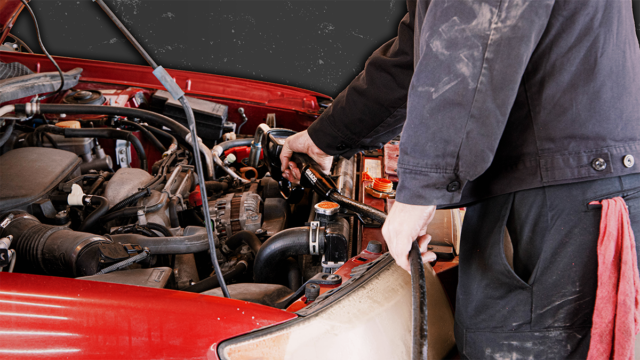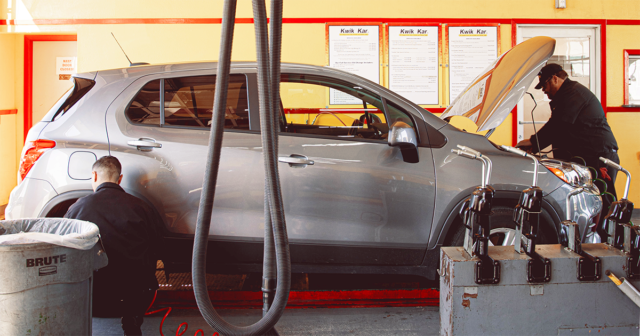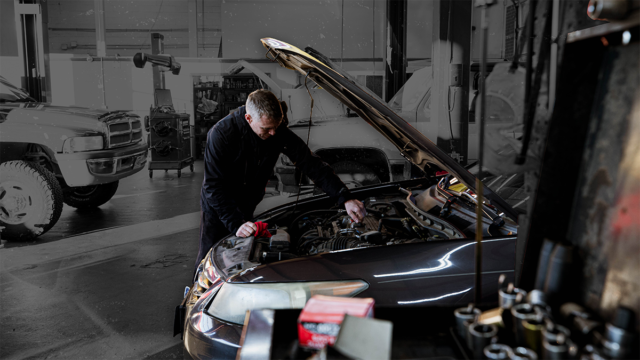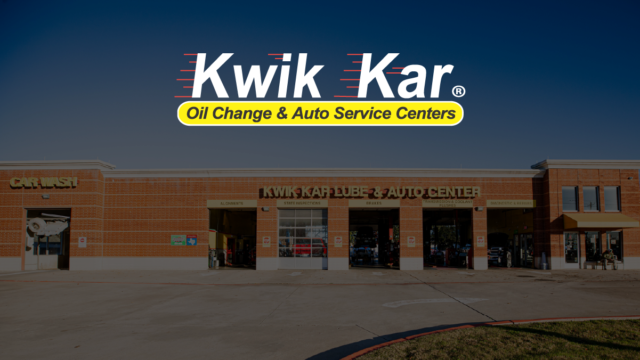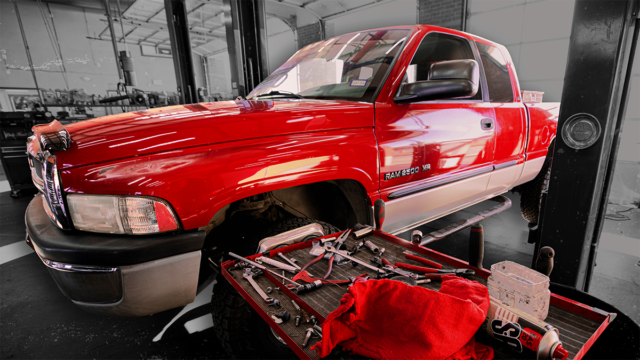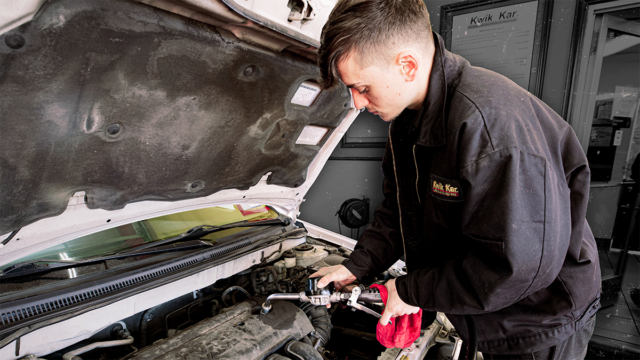Brakes are arguably the most critical safety feature of any vehicle. Ensuring not only your safety but the safety of others on the road. However, like all components in your vehicle, brakes can wear down over time and develop problems that compromise their effectiveness. As a responsible driver, it’s crucial to recognize and seek attention to the warning signs of brake problems early on to prevent accidents and costly repairs.
Steering Issues
When braking, vibrations felt through the brake pedal or steering wheel can indicate several underlying issues within the braking system. Warped brake rotors, uneven brake pad wear, or brake caliper issues are common causes of these vibrations. As the brake pads make contact with the rotating brake rotors, irregularities in their surface can cause the brake pedal or steering wheel to vibrate. These vibrations can vary in intensity and frequency depending on the severity of the issue and the speed at which the vehicle is traveling. While minor vibrations may only cause discomfort to the driver, more severe vibrations can lead to reduced braking performance and increased stopping distances.
Another common issue arising from brake problems is the vehicle pulling to one side when braking. This occurs when there is an imbalance in braking force between the left and right sides of the vehicle. Uneven brake pad wear, a stuck brake caliper, or issues with the brake fluid distribution can contribute to this problem. As a result, when the brakes are applied, the side with greater braking force slows down more quickly, causing the vehicle to veer in that direction. Pulling to one side when braking not only affects vehicle stability and control but increases the risk of accidents.
Brake Warning Lights
Illuminated brake lights on your dashboard are crucial indicators of potential brake problems. There are many brake warning signs these lights can represent, signaling various issues with your braking system. If any of these brake light signs illuminate it may be time to bring your vehicle in for brake maintenance. Here are the most common related brake problems and why it’s crucial to fix.
ABS Light
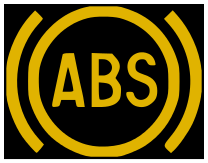
There are a few common causes for brake problems to cause an ABS light to come on. The main causes are faulty wheel speed sensors or a blown fuse. If you notice the ABS light illuminating, it’s essential to have these issues checked out quickly, to get a proper diagnosis and address the problem effectively.
The most common cause of an illuminated ABS light is a faulty wheel speed sensor. The sensors monitor the speed of each wheel and provide data to the ABS module, allowing it to modulate brake pressure accordingly to prevent wheel lock-up during braking. If a wheel speed sensor is damaged or malfunctioning, it can’t accurately detect wheel speed variations. This disrupts the effectiveness of the ABS system and can affect vehicle stability and control, especially in slippery or emergency braking situations. This is the most serious ABS problem to be attended to by a professional mechanic as avoiding this could lead to an accident.
A blown fuse can also trigger the ABS light. This is a protective device in the vehicle’s electrical system that interrupts the flow of electricity when the circuit it protects becomes overloaded. In the ABS system, there are fuses dedicated to providing power to components such as the ABS module, wheel speed sensors, and other related systems. If one of these fuses blows due to a power surge, short circuit, or other electrical fault, it can disrupt the flow of electricity. Leading the ABS module or other ABS components, to system malfunction. This can result in the ABS light coming on as a brake warning sign/indicator.
Brake Service Light
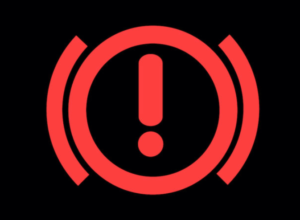
The brake service light commonly illuminates due to low brake fluid levels, which are vital for transmitting force from the brake pedal to the brakes, ensuring the vehicle’s braking power. Low brake fluid levels often indicate a potential leak within the closed hydraulic system, compromising braking ability. Leaks in various brake system components such as brake lines, hoses, calipers, or wheel cylinders can lead to a loss of brake fluid, reducing hydraulic pressure. Whether due to overlooked brake maintenance, environmental factors, or brake pad wear, addressing low brake fluid promptly is crucial to prevent brake failure and maintain safe driving conditions.
Another cause for the brake service light to go off is worn brake pads. As brake pads wear down over time and use, there’s progressively less material available to create friction and slow down the vehicle effectively. This reduction in friction material not only compromises the braking performance but also increases stopping distances, potentially putting the driver and passengers at risk. Moreover, worn brake pads can lead to increased wear and damage to other critical components of the braking system, such as brake rotors. If not replaced promptly, the metal backing of the worn pads can come into direct contact with the rotors, causing grooves, scoring, or even warping. This not only compromises braking system efficiency but also leads to costly repairs or replacements of both brake pads and rotors.
Parking Brake Light

Forgetting to release the parking brake fully before driving can activate the brake warning light on the dashboard. This brake warning sign serves as a crucial reminder to drivers to ensure that the parking brake is fully disengaged to prevent potential damage to the braking system. When the parking brake is engaged while driving, it can cause excessive wear on brake components, such as brake pads and rotors, leading to decreased braking performance and potentially costly brake maintenance repairs. Therefore, it’s essential for drivers to always double-check that the parking brake is fully released before setting off
Squeaky Brakes
The next most obvious brake warning sign is squeaky brakes. Squealing or squeaky brake warning signs show potential issues with the braking system. When applying the brakes, if you hear high-pitched noises like squeaking, squealing, or grinding, it often indicates worn brake pads or damaged brake components. Brake pads are equipped with wear indicators that produce these noises when the pads are nearing the end of their lifespan. Ignoring these sounds can lead to further damage to the brake components, such as scoring or warping of brake rotors, which can escalate repair costs and compromise braking performance.
Another cause for brake problems could be the presence of foreign objects or debris lodged between the brake pads and rotors can also cause similar noises. Regardless of the reason, squeaky or squealing brakes should prompt immediate inspection and maintenance to ensure optimal braking efficiency and safety on the road.
Upkeep Regular Maintenance
From vibrations and steering issues to illuminated brake warning lights and squeaky brakes, each signal serves as a crucial indicator of potential brake problems within the braking system. By promptly addressing these brake warning signs and seeking professional assistance from trusted experts like Kwik Kar, drivers can mitigate the risk of accidents, prevent costly repairs, and uphold the safety of themselves and others on the road. Remember, when it comes to brake maintenance, it’s always better to be proactive rather than reactive. Not only should you worry about servicing brake problems, but it’s also important to go ahead and get a proper maintenance inspection for any other unknown issues.

